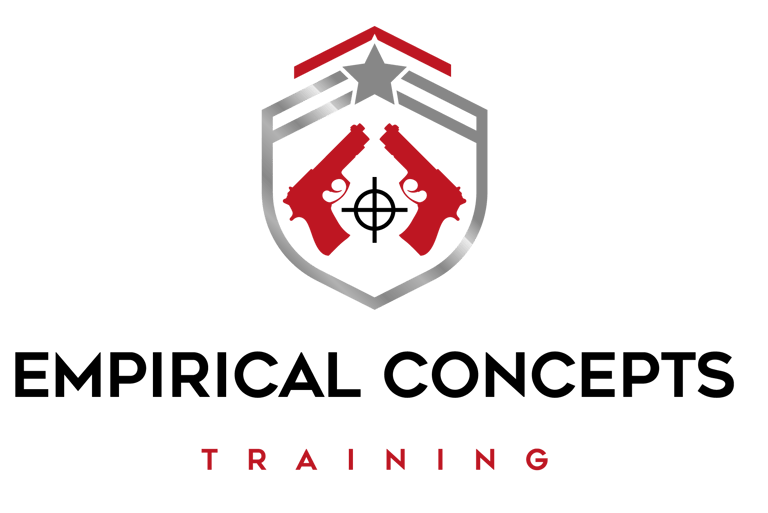The Perils of Complacency
Blog post description.
Ryan Lee
12/18/20232 min read
The Perils of Complacency: Mastering Handgun Skills for Real-World Confidence
In the realm of personal defense, few skills are as critical as the ability to effectively deploy and use a handgun under stress. Whether you're a seasoned firearm owner or a novice to the world of concealed carry, the danger lies not only in what we don't know but, more insidiously, in what we think we know. Complacency can be a silent threat, and the consequences of underestimating the need for regular training are profound.
The Underappreciated Skill:
Owning a handgun doesn't automatically translate to proficiency in using it under high-stress situations. Many individuals tend to underappreciate the complexity and nuance involved in real-world self-defense scenarios. A false sense of security can set in, leading to the assumption that merely having a firearm on hand is enough to ensure personal safety. This mindset, however, is a perilous pitfall that can have severe consequences when confronted with a genuine threat.
The Overestimation Trap:
On the flip side, there's a tendency for individuals to overestimate their skills. Thanks to Hollywood portrayals and the adrenaline-pumping nature of shooting ranges, people often believe they can seamlessly transition their skills to a real-world crisis. The truth is, the stress and unpredictability of an actual threat demand a level of proficiency and mental preparedness that goes beyond what most envision.
Keys to Improvement:
Regular and Competent Training: The cornerstone of maintaining and improving handgun skills is regular and competent training. This involves not only frequent visits to the shooting range but also a commitment to pushing beyond your comfort zone. Engage in dynamic scenarios, practice drawing from concealment, and challenge yourself with realistic drills that mimic the unpredictability of real-life situations.
Self-Directed Practice: Training doesn't stop when you leave the instructor's range. Incorporate self-directed practice into your routine, focusing on both technical skills and mental preparedness. Dry-fire exercises at home, practice reloads, and simulate decision-making scenarios to enhance your ability to think under pressure.
Instructor-Led Sessions: Seeking guidance from qualified instructors is crucial for continued growth. Instructors bring experience, expertise, and a fresh perspective to your training. They can identify and correct bad habits, offer personalized feedback, and introduce new challenges that keep your skills sharp.
Conclusion:
Becoming complacent with your handgun skills is a luxury you cannot afford. The illusion of invincibility can shatter in an instant, leaving you vulnerable and unprepared. Acknowledge the importance of regular, competent training, both on your own and with qualified instructors. It's not just about hitting the target at the range; it's about developing a mindset and skill set that can save lives when it matters most. Challenge yourself, stay humble, and commit to the ongoing journey of mastering your handgun skills for real-world confidence. Your safety, and that of your loved ones, depends on it.
